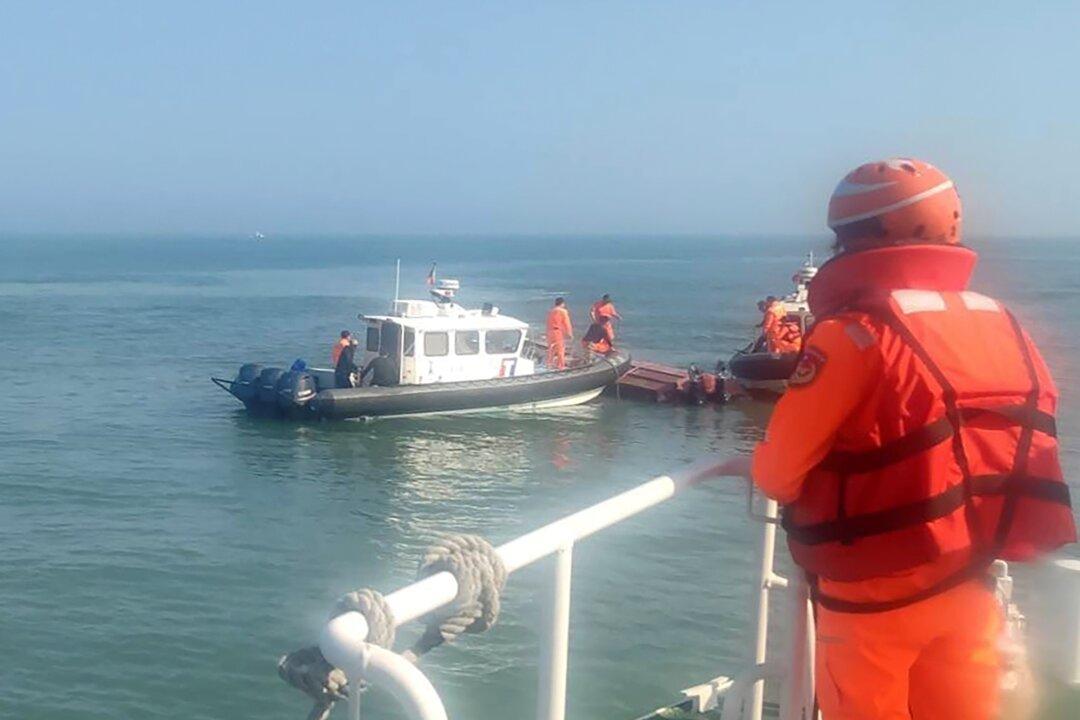News Analysis
A Taiwanese tourist boat sailing in the waters of Kinmen Islands, which is only 6.2 miles from China but is under the sovereignty of Taiwan, was forcibly boarded by a China Coast Guard vessel. This incident further escalated tensions across the Taiwan Strait, and experts say that this is China’s newest challenge to Taiwan’s sovereignty.






